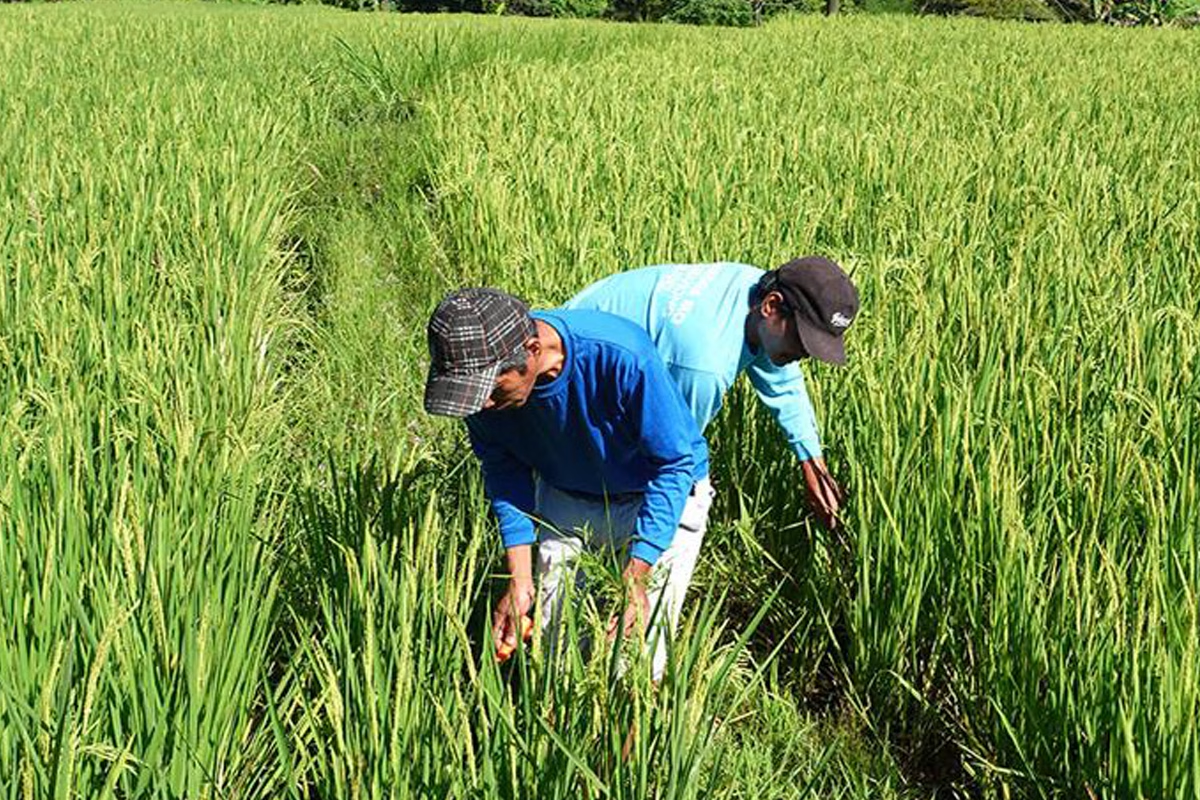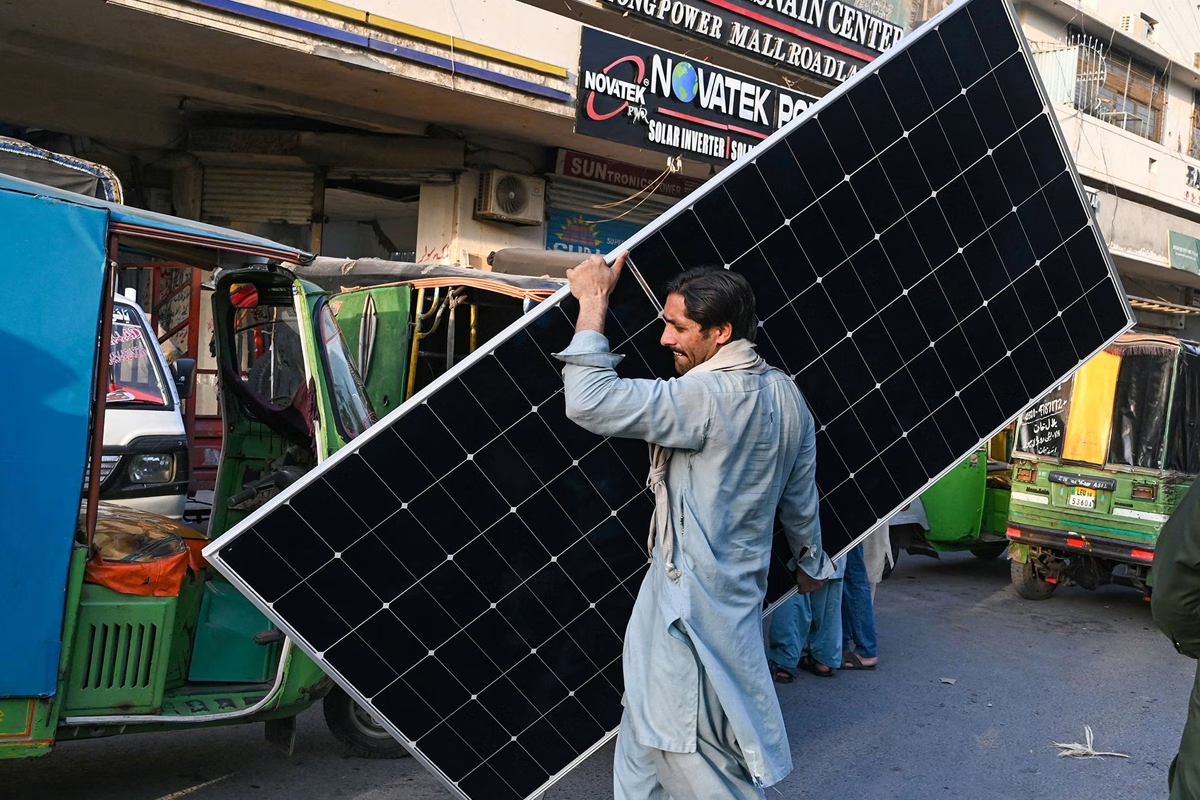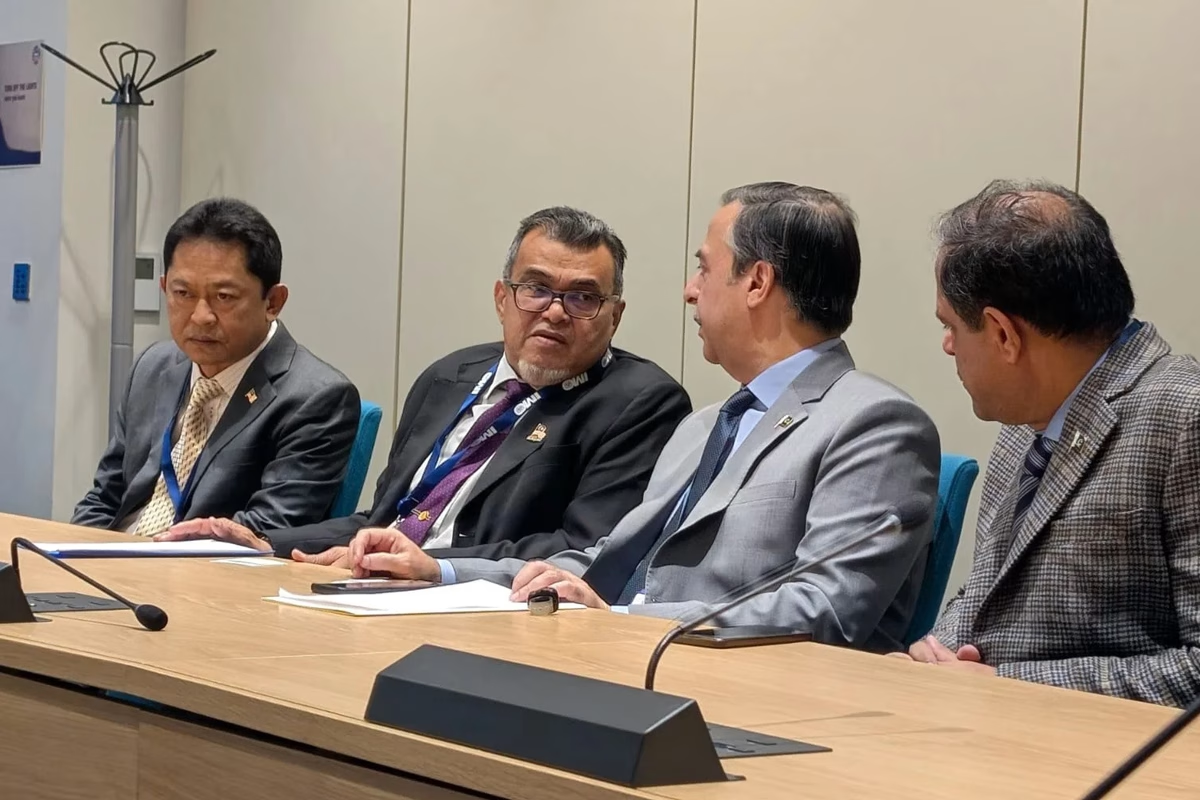
SIFC steps in to avert fuel crisis
October 27, 2025
PV+ 12TH EDITION JUL-AUG 2025
November 6, 2025Pakistan announced a three-year electricity subsidy for its industrial and agricultural sectors, offering power at Rs22.98 ($0.08) per unit under the newly introduced “Roshan Maeeshat Bijli Package,” according to the Prime Minister’s Office.
The initiative is designed to stimulate exports, create jobs, and revive economic growth, even as the government continues implementing IMF-backed energy reforms aimed at curbing sector losses and reducing untargeted subsidies.
Under the package, industries and farmers will be able to purchase additional electricity at the reduced rate of Rs22.98 ($0.08) per unit — down from the current Rs34 ($0.12) for industry and Rs38 ($0.14) for agriculture — from November 2025 to October 2028. The measure seeks to make Pakistani products more competitive in regional markets.
“The electricity supplied under the Roshan Maeeshat Bijli Package will not place any burden on households or other sectors,” Prime Minister Shehbaz Sharif said in a statement, emphasizing that economic recovery and employment generation depend on affordable energy for productive sectors. He described the program as “a timely step to strengthen Pakistan’s economy and drive export-led growth,” highlighting that sustained industrial and agricultural expansion would help reduce the country’s reliance on debt.
During a pilot phase of the package last winter, industries and farmers consumed an additional 410 gigawatt-hours of power, which officials said contributed to higher output, exports, and new job creation. “By supporting our farmers and industries with affordable energy, we will accelerate growth and move toward self-reliance,” Sharif added, expressing confidence that continued collaboration between the government and the private sector would lead to “full economic sovereignty in the near future.”
Pakistan’s energy sector remains one of its toughest economic challenges, burdened by high generation costs, extensive subsidies, and a growing circular debt that had reached Rs2.396 trillion ($8.6 billion) by the end of March 2025.
Under the 37-month, $7 billion IMF Extended Fund Facility approved in September 2024, Islamabad committed to improving cost recovery in the power sector, reducing line losses, and phasing out broad-based energy subsidies. The IMF has consistently urged Pakistan to align power tariffs with actual supply costs and restrict fiscal support to well-targeted, temporary relief measures.
To stabilize the sector’s finances, the government secured a Rs1.275 trillion ($4.6 billion) syndicated loan from local banks in June 2025 to help offset part of the debt.
Business groups have long cautioned that steep tariff increases and unreliable power supply have constrained industrial growth, warning that high energy costs continue to erode the competitiveness of Pakistani exports in global markets.




